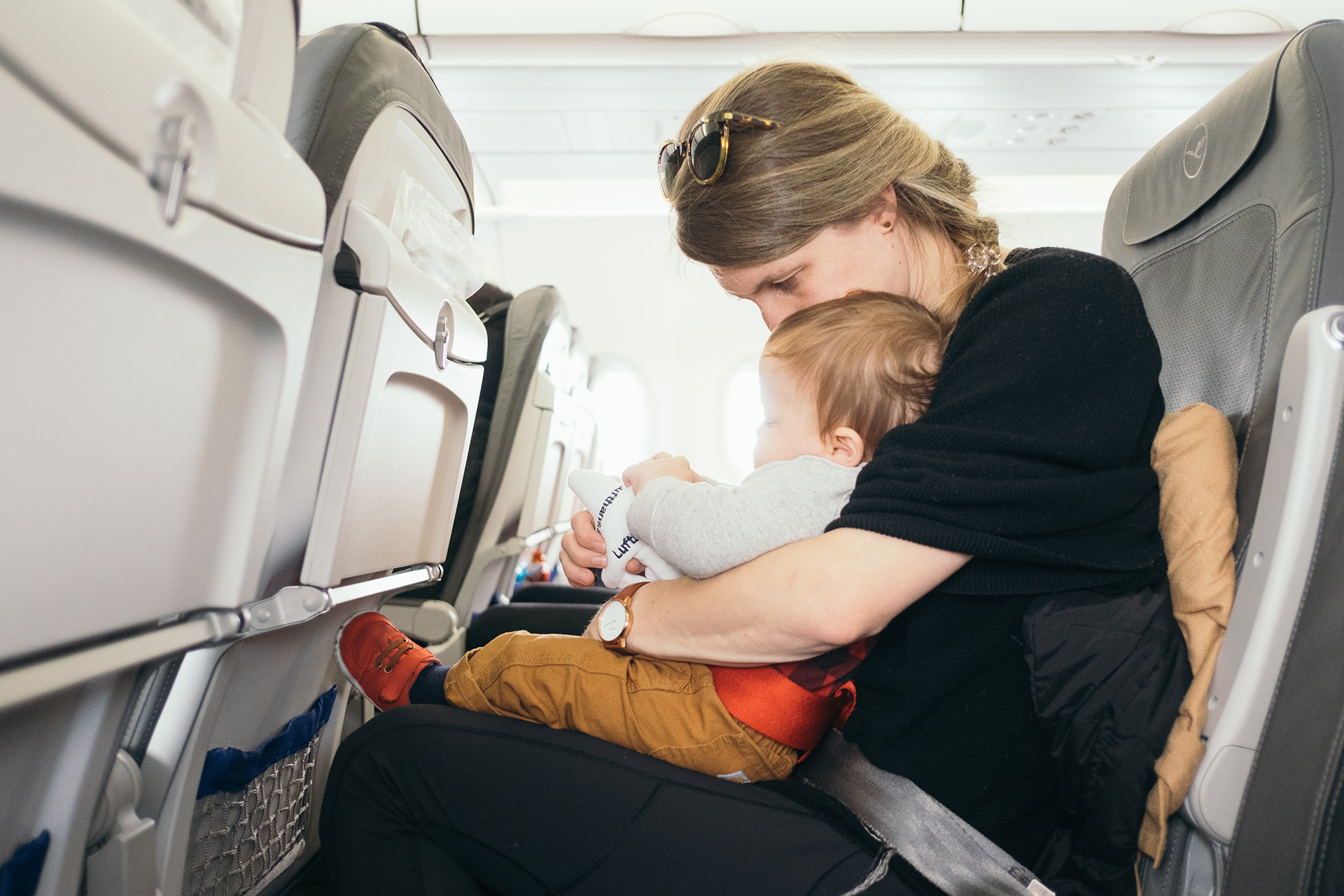Every year, thousands of children are born abroad to United States citizens and nationals. Being born to parents who are U.S. citizens or nationals has specific citizenship benefits for children born overseas. Confirming this citizenship, however, requires a fair amount of legal documentation. The Consular Report of Birth Abroad (CRBA) is the first step to confirming your child’s citizenship in the United States. At ZafiroLaw, we help parents navigate CRBA requirements and successfully obtain a CRBA for their child. To learn more, consider scheduling a consultation with us today at (206) 309-9645.
What is a CRBA or Consular Report of Birth Abroad?
According to the Immigration and Nationality Act, if you are a United States citizen or a non-citizen national and you have a child overseas, it is possible to transfer your citizenship to your child. This transfer of citizenship is accomplished using a CRBA, or a Consular Report of Birth Abroad. The CRBA is a legal document that confirms that a child was a United States citizen at birth. In essence, this document is how citizenship is transferred from the parent to the child.
If you meet the CRBA requirements, you should report the birth of your child to the nearest United States embassy or consulate as soon as possible. It should also be noted that the CRBA cannot be used as a form of identification, like a passport or birth certificate. This document is solely a way to prove citizenship or nationality in the United States.
Can I Apply for a CRBA If I Am a Non-Citizen National of the United States?
A non-citizen national is a person who was born in an outlying possession of the United States on or after the date that the U.S. acquired the territory. The current outlying possessions of the United States are American Samoa and Swains Island. While all United States citizens are considered U.S. nationals, not all U.S. nationals are considered citizens. The CRBA can legally confirm a child’s status as a U.S. national. As such, you can apply for a CRBA if you are a non-citizen national of the United States.
Does My Child Need a Consular Report of Birth Abroad?
A common question that we receive is whether or not it is necessary to apply for a Consular Report of Birth Abroad. According to United States law, Any U.S. citizen or national child born overseas must obtain a CRBA before they can apply for a passport and receive a social security number. Therefore, in the vast majority of cases, your child does need a Consular Report of Birth Abroad.
Understanding the CRBA Requirements
Several CRBA requirements must be met before an application can be submitted and successfully approved. A child born outside of the United States can acquire citizenship when they are born if all of the following are true:
- One or both of the child’s parent is a United States citizen
- The U.S. citizen parent has been physically present in the United States for a certain amount of time. In many cases, this requirement is five years of physical presence, with two of these years occurring after the parent was 14 years of age. The law varies from case to case, however, so it is important to consult an attorney for more detailed information.
- There is a biological and legal relationship between the child and the U.S. citizen parent who is transmitting citizenship
- The child is under the age of 18 at the time of application
The requirements for a CRBA also vary depending on the parents’ citizenship and marital status. The CRBA requirements can be categorized as follows.
Two Married United States Citizens
A child born overseas to two married United States citizens can obtain a CRBA if at least one of the parents is biologically related to the child or one of the parents has resided in the United States or a U.S. territory before the birth of the child.
A United States Citizen Married to a U.S. National
In this situation, the same requirements apply, except the U.S. citizen parent must have resided in the United States for one year before the birth of the child.
A United States Citizen Married to a Non-Citizen
A child born to a United States citizen and a non-citizen married couple can obtain a CRBA if two criteria are met:
- The child was born on or after November 14, 1986
- The U.S. citizen parent was physically present in the United States for at least five years before the birth of the child, with two of these years occurring after the parent turned 14 years of age
The child must have been born to the married couple or, if conceived through in-vitro fertilization or surrogacy, must be in the legal custody of the couple.
An Unmarried Male United States Citizen
To obtain a CRBA for their child who was born overseas, an unmarried male United States citizen must:
- Confirm that they are committed to financially supporting the child until they reach the age of 16
- Prove that they were a United States citizen when the child was born
- Demonstrate their biological relationship with the child via a paternity test
- Show that they were physically present in the United States for five years before the child’s birth, with two of those years occurring after the father’s 14th birthday.
An Unmarried Female United States Citizen
In this situation, the CRBA requirements depend on when the child was born. If the child was born before June 12, 2017, the mother must prove that they were physically present for one year before the birth of the child. If the child was born on or after June 12, 2017, the mother must demonstrate that she was physically present in the United States for five years, with two of those years occurring after her 14th birthday.
How Can an Attorney Help?
United States immigration law is incredibly complex and it is easy to make simple mistakes while compiling the documentation and submitting applications. An experienced attorney can ensure that you do not fall into the common pitfalls that CRBA applicants encounter, therefore speeding up the process. Moreover, an attorney will be able to provide guidance on CRBA requirements, which can be confusing to navigate.
Contact ZafiroLaw Today
At ZafiroLaw, we work with United States citizens, nationals, and non-citizens alike to apply for, and successfully obtain, a Consular Report of Birth Abroad for their child or children. To discuss this process with an experienced attorney and determine if your child is eligible for a CRBA, contact our Seattle office today at (206) 309-9645.


